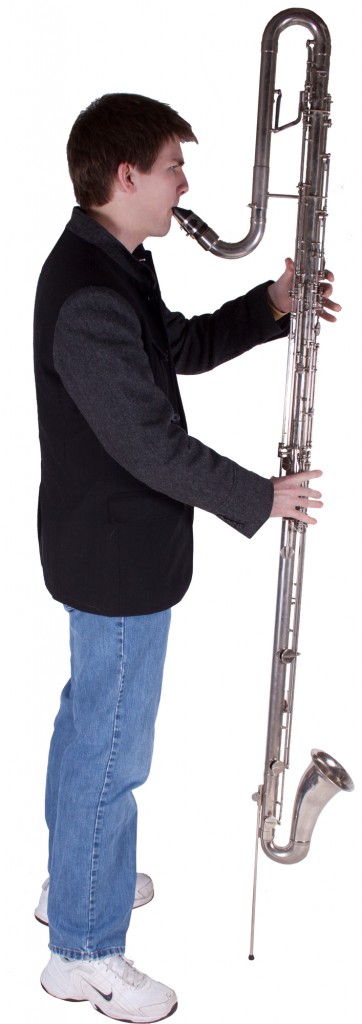Behind every great concert or performance, there was an audition process which allowed each artist into the group and onto the stage. After talking with students who have undergone the KHS audition process for arts programs The Kirkwood Call developed a survival guide of what students need to know about some of the most common auditions.
Band
In the midst of a season dominated by belting out “Varsity Valor,” band students practice lyrical and technical exercises whenever out of uniform. To be placed in a concert ensemble band during the second semester, students must complete an audition for one of the four band directors in the middle of the first semester. Audition material includes the etudes (short musical pieces of considerable difficulty) for the respective year’s All-Suburban Honor Band and All-State Honor Band’s audition books, along with knowing scales on the instrument. The audition ends with sight reading, looking at a piece of music for the first time and playing without prior knowledge of the melody. The highest scoring auditions will be given the highest chair placement for that instrument in the highest band, the wind ensemble. Once the wind ensemble has reached maximum size, 10-12 graders are put into symphonic band. All freshmen are automatically put in concert band. With more than 200 students required to participate, it is the largest audition program at KHS.
Advice for success: Prepare your audition well ahead of time. Students are given the music at the end of each year so they can prepare months in advance. Student’s scores and chair placements are heavily influenced by the amount of the effort and practice they put in independently or with a private teacher.
Orchestra
With the KHS orchestra’s line of professional level performance venues and appraisal, the audition process assures musicians are top notch. The audition for a student’s placement into either symphonic orchestra, the higher level group, or concert orchestra, the group for students who did not score well enough on their audition in comparison to their peers to be in Symphonic, is given at the end of the year and is the final exam for students. Musicians can move their chair placement by having auditions of the music the orchestra is preparing for concert along with scales. It is impossible to switch between Symphonic and Concert Orchestra in the same academic year based on an audition, but movement from first to last chair, or anywhere in between, is a possibility.
Advice for Success: Find recordings of the audition material on the Internet. YouTube often has professional-level performance videos, and the better students know how a high-level performance of the piece sounds, the better their chance for success. Do not become stressed while performing, and practice extensively before auditions are held.
Musical
Auditions are held over the course of a week and are divided into two days of singing auditions, one for boys and one for girls, a day of dance for boys and girls, a day of co-ed acting and callbacks. Auditions are conducted by Kelly Schneider, drama teacher, David Cannon, choir teacher, Laurie Stream, dance instructor, Greg Booth, stage manager and Jason Rekittke, pit orchestra conductor. The singing and acting auditions are performances of a selection from the musical. The dance portion is a routine which may or may not be used in the musical, and acting auditions are also a selection from the musical. Callbacks are for acting and singing, and require students to read lines for one or more character parts the directors assign them or sing solos from the show.
Advice for success: Relax and take the audition in stride. Everyone is given a few days to learn the material to stand out and be selected for the musical. Students are given several opportunities to add personal flair to dance and acting auditions, and the more students can stand out in a positive way, the more chance they have of the directors remembering them.
Plays
Auditions for plays are similar to musicals in that all students auditioning are given a small time frame to run a scene, usually with a partner, from the play they are audtioning for. Students conduct their auditions in front of Kelly Schneider, drama teacher, Greg Booth, stage manager, and Amanda Obermeier, costume director. In callbacks, students act out scenes the directors have selected for them and wait for the cast list to be posted. Casting is done by the directors.
Advice for success: Relax and take the audition in stride. Everybody is given a few days to learn the material to try to stand out and be selected for the musical. Students are given several opportunities to add personal flair to dance and acting auditions, and the more students can stand out in a positive way, the more chance they have of the directors remembering them.









